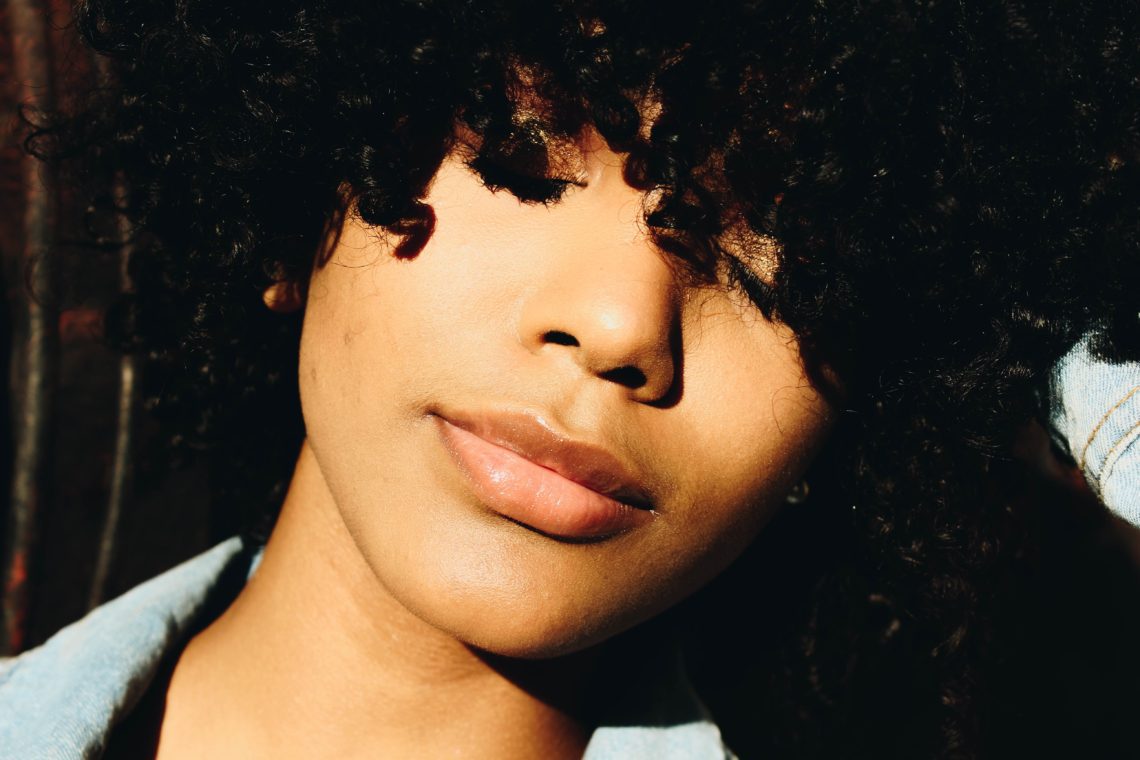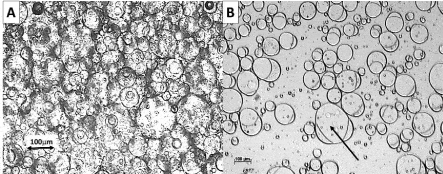
Silicones and Natural Hair Care: What You Need to Know
The presence of product build-up can either make or break your hair style. I’ve talked at length about heavy oils and butters and how they can affect hydration levels and the overall health of your hair, but have you considered the other ingredients in your products and how they can affect your hair as well?
We are trained to look for certain ingredients to avoid if we want to see our hair thrive, but what about the ones we may be overlooking? Today, we’re taking a closer look at silicones in natural hair care and learning how these types of ingredients could be hindering your healthy hair success.
What are silicones

Silicones are polymers that are added in hair care and skincare products to create the look and feel of health, shine, and smoothness. In hair care, silicones are added to shampoos, conditioners, and styling products to help create the slip needed to detangle and give hair a silky shine and manageability.
Silicones have been viewed as favorable ingredients in hair care products because, in addition to their cosmetic benefits, some are able to withstand high pH environments and high levels of heat. When used in relaxers, heat protectors, or other styling agents, these ingredients will deposit a coating on the hair strands that can help protect it from excess damage and provide shine. Because silicones tend to be more water repelling, they are not easily removed from the hair during the cleansing process and tend to build up on the hair strands resulting in product buildup, dehydration, and damage.
Common types and their class
Silicones can be classified as non-soluble or water soluble based on how well they can dissolve in water and the ease in which they can be removed from the hair. Examples of non-soluble silicones commonly found in hair care products include:
- Ingredients ending with “-cone”
- Amodimethicone
- Amodimethicone **
- Ceteraryl Methicone
- Cyclomethicone
- Dimethicone
- Dimethiconol
- Pheryl Trimethicone
- Stearyl Dimethicone
** Amodimethicone is non-soluble when Trideceth-12 and Cetrimonium Chloride are absent from the ingredients listed in your specific product
Water soluble silicones were created as an answer to the problem of buildup that repeated use of non-soluble silicones tend to cause. While water soluble silicones are easier to remove from the hair, they can still contribute to product build up and will also require shampoo to remove them from the hair. Examples of water-soluble silicones commonly found in hair care products include:
- Any silicone with PEG as a prefix
- Dimethicone Copolyol
- Lauryl Methicone Copolyol
Why are silicones unfavorable
The biggest issue with silicones in natural hair care is the fact that they repel water. This means that because they are polymers, which are typically insoluble in water, they will prevent the hair from getting the moisture it needs. These products will coat the strands and scalp, and with repeated use, can often lead to dry, brittle strands and hair damage. Silicones can mask the look and appearance of damaged hair; but will not provide the necessary nourishment the hair requires, and can actually contribute to further damage of the hair strands.
Should I avoid silicones?
Not necessarily. How you maintain your hair is based solely off or your lifestyle, what you are comfortable with, and the key characteristics of your hair. Some silicone containing products are beneficial – especially when it comes to protecting the hair during heat styling.
While the repeated use of silicone containing products can lead to damage, incorporating healthy practices into your hair care routine and the use of the specific shampoos during the cleansing process can help to counteract the negative effects that silicone containing products may have. As with all hair care products and practices, it is important to be mindful of your hair’s specific needs and always seek to promote healthy hair.
To learn more about healthy hair practices you can incorporate into your hair care routine, visit BoldKulture.com and let’s strike up a curly conversation. I would love to assist you on your journey to healthy hair success.
References




